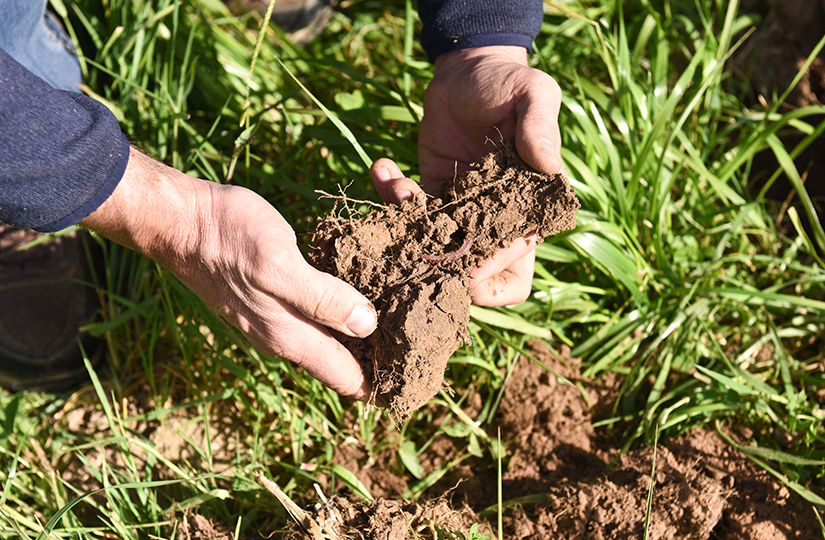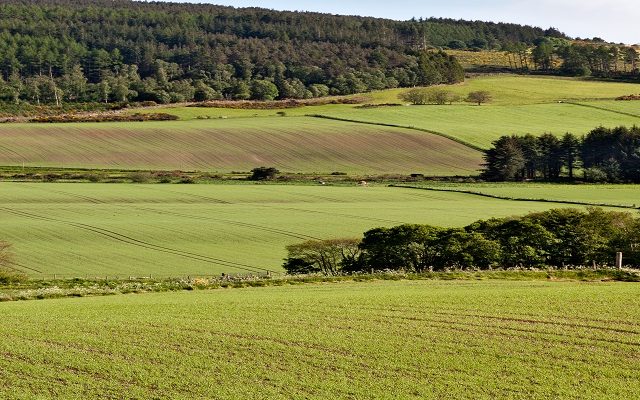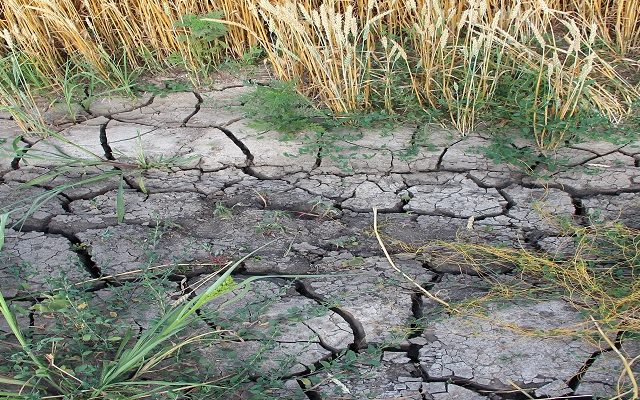Time to talk about agroecology?
Farming practices developed over the last 100 years have been unimaginably successful in delivering large quantities of food to a global population that has increased almost four fold over that time. However, there is wide acceptance that this has come at a cost in terms of biodiversity, soil health and resulted in fewer, less diverse farming businesses.
These challenges have driven interest in a range of farming techniques aimed at restoring soil fertility and improving biodiversity. These techniques have become a huge topic of conversation within the agricultural community over recent years, as people focus on building more environmentally sustainable and resilient businesses.
That conversation is now embracing the term agroecology – a holistic approach to food production which is being presented as a blueprint for an alternative approach to food and farming systems.
Agroecology promotes farming practices that work with nature and the key challenges facing global food systems, including achieving net-zero targets, reversing nature loss and ensuring food security. It involves the application of ecological concepts in farming systems, but implicit in it are also principles of fairness, equity and well-being – putting a strong emphasis on human and social values. An agroecological approach on a national or global scale also requires some big questions to be addressed such as how do we feed a growing population more healthily, and how can we tackle problems such as obesity and diet-related illnesses.
In short, agroecology seeks to ensure that food production is sustainable for the environment, nature, food producers and society. Organic farming is a widely recognised and audited form of agroecological farming, agroforestry is another example. Regenerative farming systems also fall under the umbrella of the term.
Nature and Net-Zero and Food Security: exploring the agroecological solution conference
Strutt & Parker is delighted to host this Soil Association conference which will focus discussions on solutions for nature ahead of the UN Biodiversity Conference (COP 15). It will explore agroecology as a solution to the challenges facing the food and farming sector. New research will also be presented on the economic and farm level impacts of embracing such an approach.
The event will address important questions such as:
• Is an agroecological farming transition compatible with food security given it would require changes in land use and land management practices?
• What are the opportunities and risks in natural capital markets for agroecological farming?
• Can agroecology stack up economically – on the farm or at the macro level?
• How can policy ensure a joined-up response to climate, nature and resilient food production goals?
Speakers and panellists are due to include Defra Secretary of State George Eustice; Professor Tim Benton, research director at policy institute Chatham House; Lord Deben, chair of the UK’s Committee on Climate Change and Strutt & Parker’s rural research director Dr Jason Beedell. Read the full programme.
The in-person event, which will take place in London, is by invitation only, but anyone can register to watch the conference virtually. Date: 28 April (10am – 4:45pm).






